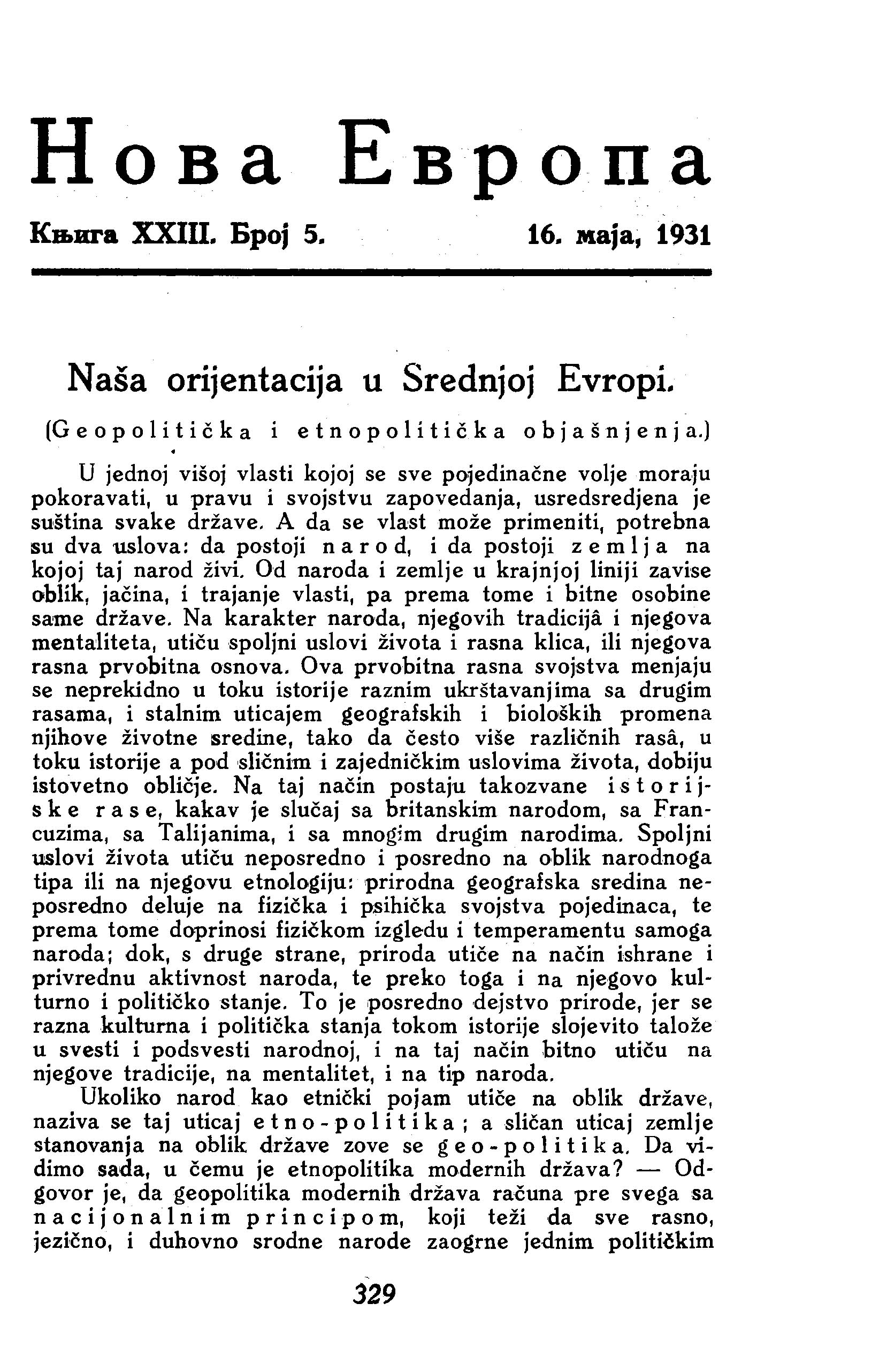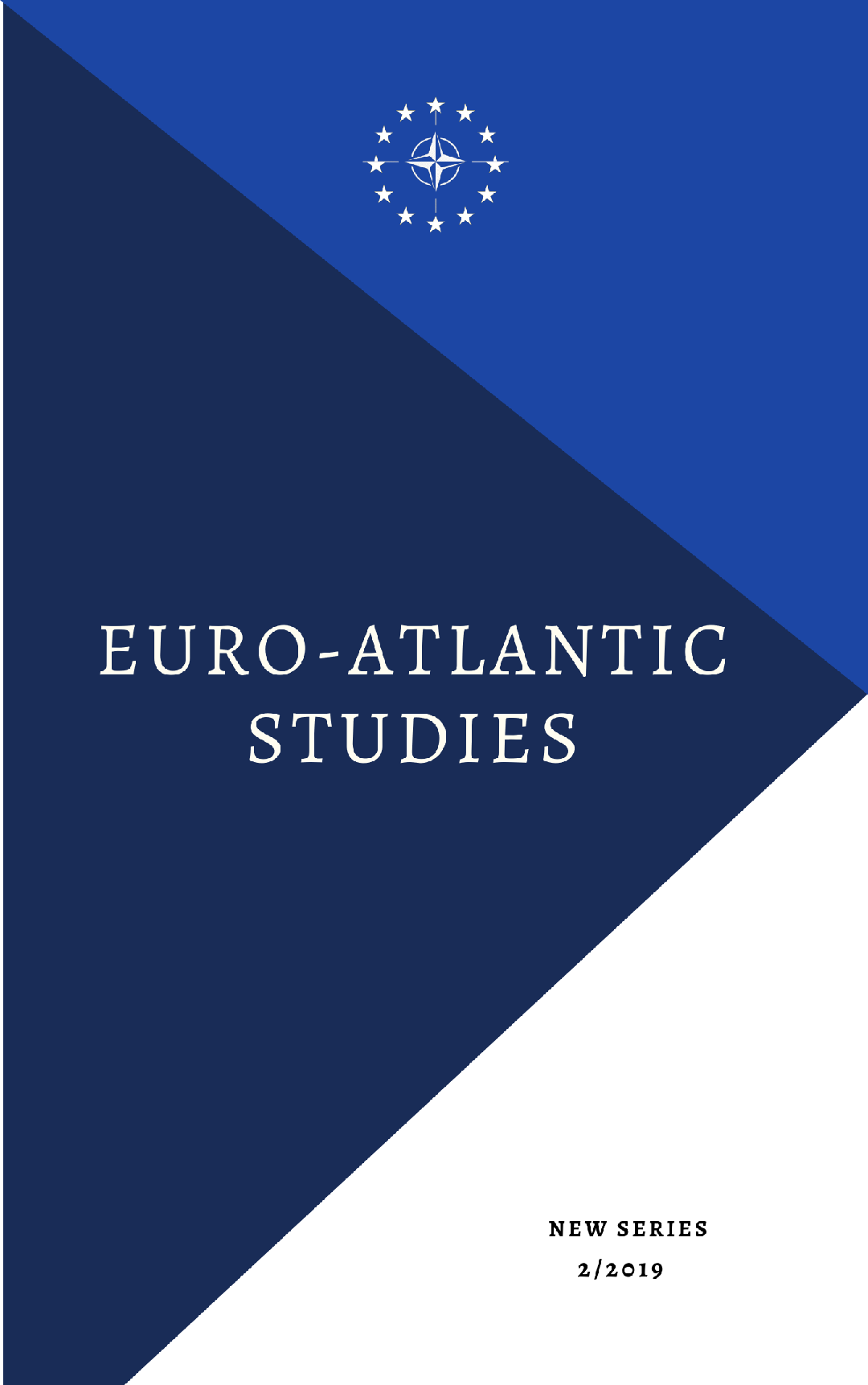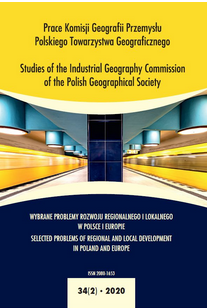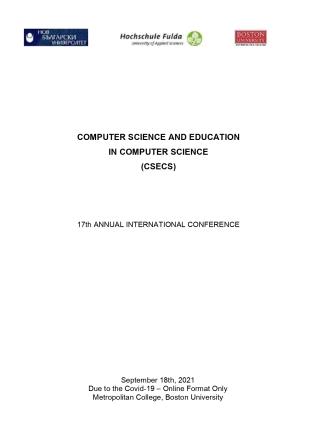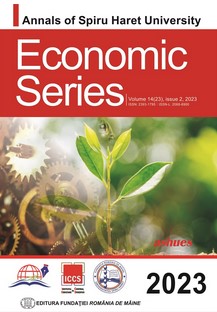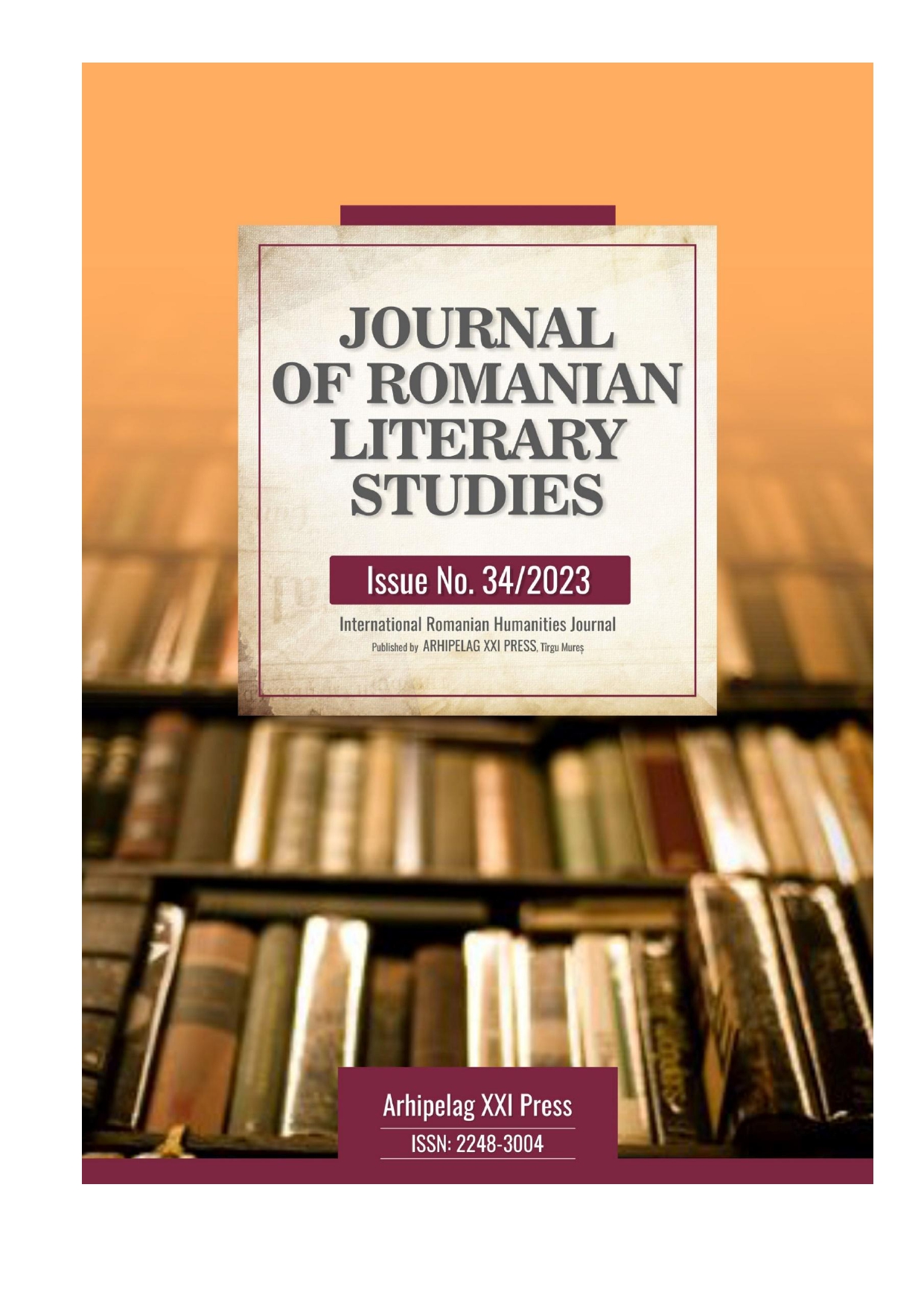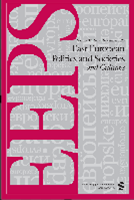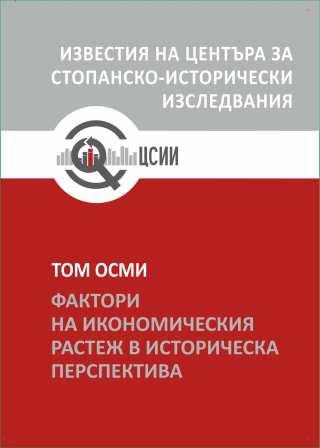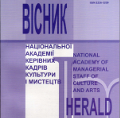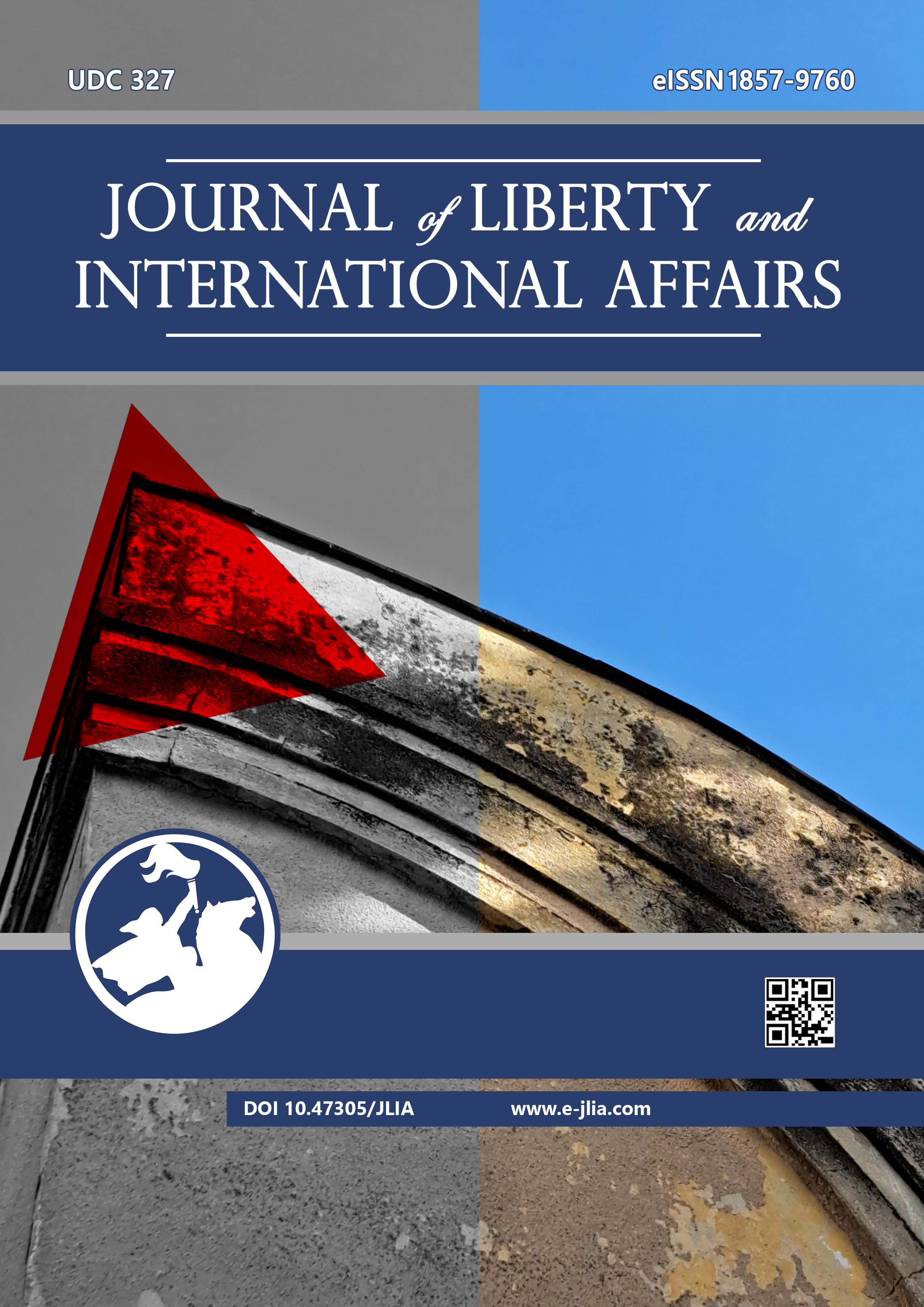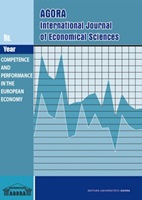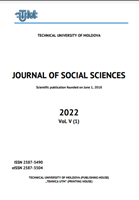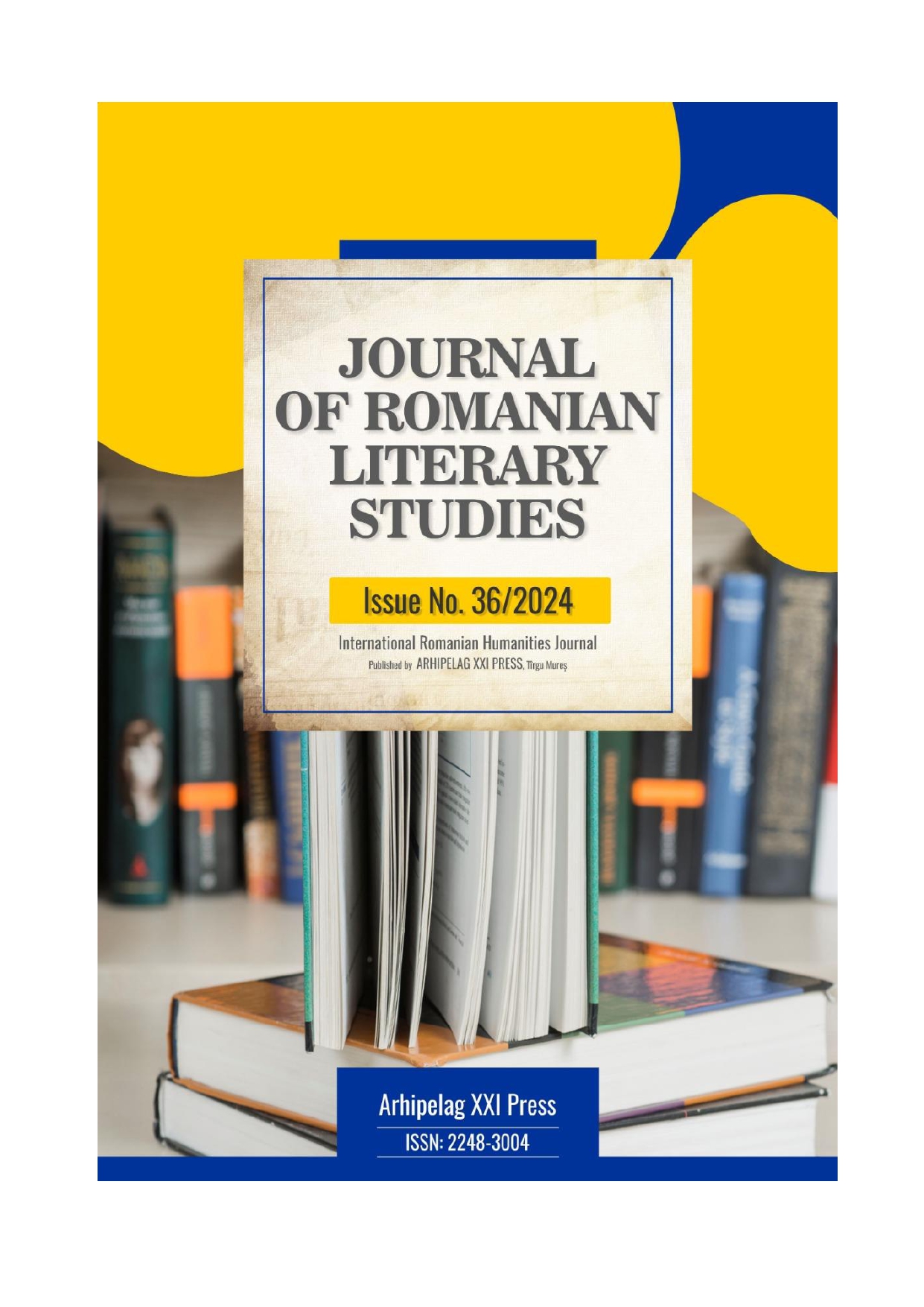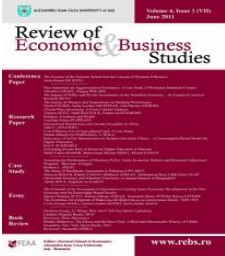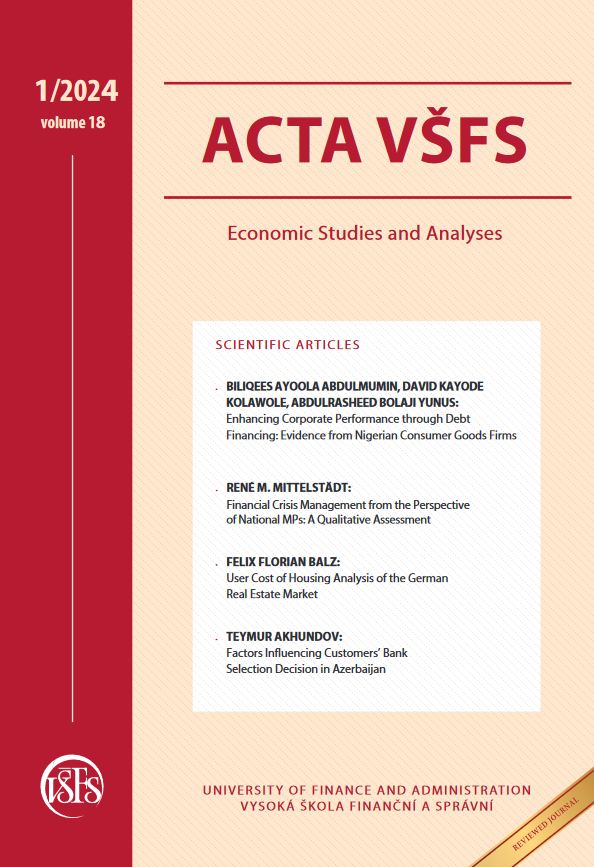Speech on the Occasion of Being Awarded the Title of Dr. Honoris Causa by the University of Bucharest (12.05.2017)
Rector Magnificus Honourable colleagues, Excellencies, Ladies and Gentlemen, When I first came to Romania as a young student and tourist in 1969, travelling with my girlfriend and another young couple in a Volkswagen van, Romania was still a comparable liberal country compared to other Socialist States in Central and Eastern Europe. For us Westerners bringing foreign currency, crossing the border from Hungary to Romania was much easier than when we had crossed the Iron Curtain between Austria and Hungary, where we had to wait for many hours. In Hungary we had picked up a young East German couple hitchhiking through some of their Socialist brother countries. While we had passed the border control within a few minutes, we then had again to wait hours for the border guards to check every single item in the back-packs and on the bodies of these two young Communists, who had tried to convince us that Socialist societies were far advanced compared to our rotten Capitalist societies shortly before. This was our first impression of Romania. We Westerners were treated in a very friendly and welcoming manner whereas our colleagues from a Socialist brother country were body-searched for hours and finally prevented from entering the country. We travelled across Romania, from Oradea and Cluj in the North-West through beautiful mountains to Bucharest, at that time called the “Paris of the East” with its broad Boulevards, and finally spent some time in various tourist resorts at the Black Sea with beautiful names from Roman and Greek mythology, like Neptun, Venus, Jupiter and Saturn. Until we left the country in the South-East headed towards Bulgaria, we had only had positive experiences when dealing with the police or other State authorities under the rule of President Nicolae Ceaușescu, who had come to power only a few years earlier in 1965.
More...
